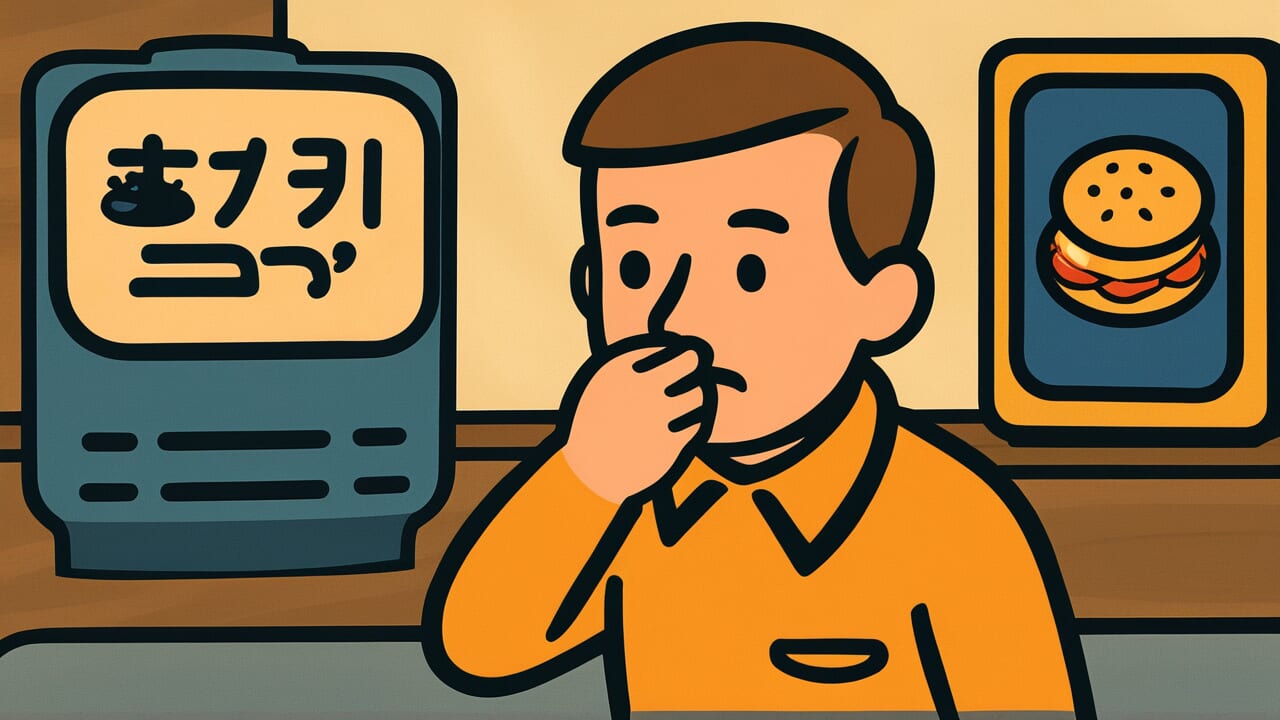How to Read “Think twice about good deals”
Umai koto wa nido kangaeyo
Meaning of “Think twice about good deals”
“Think twice about good deals” means you should be careful when something seems too convenient or offers conditions that are too favorable. Don’t jump at such opportunities right away. Instead, examine them carefully.
When people hear about profitable opportunities, they often get excited and lose their ability to judge calmly. But these are exactly the moments when you need to stop and reconsider.
This proverb is used when facing potential scams or suspicious solicitations. It applies to investment pitches, money-making schemes, or situations where someone rushes you to sign a contract.
The saying teaches the importance of maintaining a skeptical eye. It reminds us that “such good deals don’t just exist.”
Even today, suspicious investment offers on social media and sales of expensive information products continue without end. People use sweet words to lure others in.
This ancient teaching serves as a necessary warning for our modern age.
Origin and Etymology
The exact first appearance of this proverb in literature is unclear. However, it was widely used among common people during the Edo period.
The word “umai koto” means more than just delicious. It carries the meaning of convenient or advantageous.
The Edo period saw commercial development and active business transactions. During this time, people often encountered sweet talks and profit schemes. Many lost their fortunes to deception.
The expression “think twice” represents a strong warning. It means you should reconsider carefully, not just once but again.
This saying was born from deep insight into human psychology. When people hear convenient stories, their judgment becomes dull and they lose composure.
Profitable talks especially stimulate human desire and make people forget caution. Our ancestors understood this human weakness well.
That’s why they used the specific number “twice” to emphasize the importance of stopping to think. This proverb contains the wisdom of daily life born from actual experience in merchant towns like Osaka and Edo.
Usage Examples
- Someone told me I could definitely earn a million yen monthly from a side job, but I remembered “Think twice about good deals” and declined
- A survey solicitation offering free luxury items—ignoring it following “Think twice about good deals” is the right choice
Universal Wisdom
The proverb “Think twice about good deals” contains deep insight into the relationship between human desire and judgment. Everyone has the desire to gain easily and become happy without hardship.
This desire itself isn’t bad. The problem is that when this desire is strongly stimulated, our rational judgment significantly declines.
From a psychological perspective, people tend to underestimate risks and lean toward optimistic judgments when facing potential gains. This is a reaction rooted in survival instinct, a trait humans have possessed since ancient times.
That’s why scammers and fraudulent businesses always lure people with sweet words like “a special offer just for you” or “a chance available only now.”
This proverb has been passed down for hundreds of years because this human weakness remains unchanged across time. Technology advances and society changes, but the human tendency to make poor judgments when blinded by desire stays the same.
Our ancestors saw this truth through their own failures and the experiences of those around them. By providing the concrete action guideline to “think twice,” they tried to protect future generations.
This saying crystallizes both deep affection for humanity and calm recognition of reality. It truly represents living wisdom.
When AI Hears This
Let’s assume the probability that a good deal is genuine is 1%. That means 99 out of 100 times it’s a scam or false information.
What’s interesting from an information theory perspective is this: hearing the story just once only updates our brain’s probability estimate from 1% to maybe 10% at most.
In Bayesian inference, events with extremely low prior probability don’t easily rise to believable levels with just one piece of evidence.
But the second information acquisition changes everything, especially from an independent source. Suppose you hear the same good deal from a different person through a different route.
If both happen to be coincidentally matching scams, the probability isn’t simply 0.99×0.99 or about 98%. As independent events multiplied together, it drops sharply.
In other words, when two independent pieces of information match, the posterior probability that the story is true can jump to over 50%.
This follows the same principle as error correction through information redundancy. In communication systems, the same information is transmitted multiple times to accurately send data in noisy environments.
Human decision-making works the same way. Thinking twice is actually a statistically optimal information verification process. Making judgments after just once is a hasty conclusion with insufficient information, mathematically representing high-risk behavior.
Lessons for Today
This proverb teaches us the importance of maintaining appropriate distance from our emotions and desires. With the development of social media and the internet, we face attractive information and temptations daily.
We can purchase with one click and are increasingly forced to make immediate decisions. That’s exactly why we need the habit of consciously stopping to think.
Specifically, before making important decisions, these actions are effective: “sleep on it overnight,” “consult someone you trust,” or “write down not just the benefits but also the drawbacks.”
Be especially careful when someone rushes your decision. If it’s truly a good deal, they should wait while you carefully consider it.
This proverb also teaches that doubting isn’t a bad thing. Trusting people is important, but that’s different from blind trust.
Having healthy skepticism is wisdom for protecting yourself. When your intuition whispers “wait a minute,” listen to that voice.
That small sense of discomfort might protect you from a major mistake.



Comments